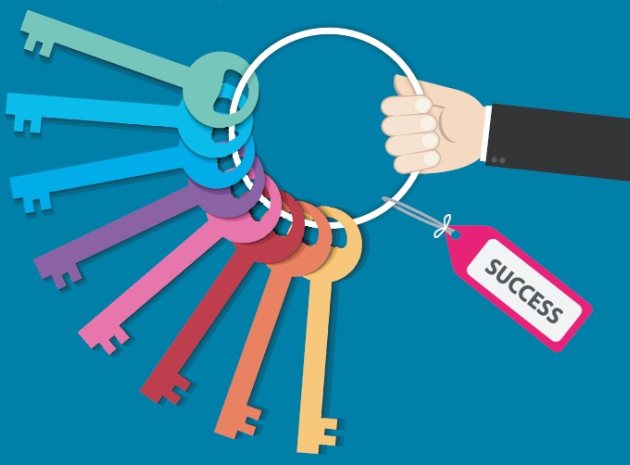TS is delighted to welcome Jane Friswell, chief executive of nasen, to our stable of regular columnists; she begins by unlocking some of the secrets of ‘outstanding’ SEN provision…
Over recent years, we have seen dramatic changes both in terms of policy and attitudes towards children and young people with special educational needs. That is why nasen established the Outstanding Schools Project; to highlight what best practice looks like and help other schools gain a clearer understanding of what it is they could be doing for their own students.
With secondary schools in particular, achieving a sustainable programme of good practice can be additionally challenging, with the need to ensure that all staff are able to adapt their subject specific learning to the requirements of their students. Empowering staff to become leaders in SEN provision is the ultimate goal.
For the Outstanding Schools Project, nasen interviewed and filmed a number of schools to help show people exactly how outstanding SEN support can be achieved and how the staff can take control of provision for every child. No two schools are the same, but one thing was true of every school we saw: the needs of the children are the top priority.
All change
The recent legislation, which came into effect in September, is the final piece of the biggest reform of SEND in a generation. These reforms put the individual needs of each child at the centre of a system that aims to help them to achieve their best. Good educational provision is a right of every child and we know from our work with schools that those that provide outstanding SEN support are all offering a personalised approach to meeting individual needs.
Of course, this kind of support takes an investment in time, energy and other resources, but this isn’t an insurmountable challenge for schools. For our Outstanding Schools, it underpins every working day, and for our outstanding practitioners, investing time and effort into meeting each child’s needs is simply what they do.
Nature and nurture
One of the school featured is Guiseley Secondary School, based in Leeds, and described in its most recent Ofsted report as ‘relentlessly ambitious for its students to be successful, both academically and personally’. As such, Guiseley School was selected as part of the nasen Outstanding Schools Project, with the staff explaining in detail the process of nurturing their learners throughout the entirety of their school life, in order to help to foster a positive attitude of independence and self-sufficiency for all students. Guiseley have ingrained outstanding practice into the very core of the school’s ethos, making it a natural part of not only their provision for the students with SEND, but all pupils at the school.
Independence and support
At secondary level, it is establishing a level of independence that can help a young person to progress from adolescence and adulthood. For students with SEND, depending on a student’s individual needs, this can be challenging for staff and parents to manage in isolation.
That is why many of the schools featured in the Outstanding Schools Project enlist the help of external professional help to manage the transition, whether that is getting help from psychologists to assist with behavioural management, or physiotherapists to manage more complex physical needs. Another school from the Project, Swanwick Hall, has a support centre and ‘loft’ facilities which are spaces designed specifically for students who need additional support.
This column is short, so we can’t go into too much detail, but ultimately it’s better to hear from the schools, pupils and parents themselves, which is why the films were made. The schools highlighted in the Outstanding Schools project have each used different methods and approaches to meet the varying needs of their pupils. There is no single reform or methodology that transforms practice, but from interviewing our schools we’ve found that it is often the small things that can make a big difference. And the desire to make a big difference is what got most of us into teaching.
To hear more from each school involved in the project, visit nasen’s YouTube channel.
About the author
Jane Friswell is the Chief Executive Officer of nasen, following on from her position as Education Development Officer. Previously a Professional Educational Consultant with over 15 years’ experience of headship and senior leadership experience, within primary special schools and SEND support service sectors. Jane has extensive experience of teaching, with nearly 30 years teaching and leading experience within special and mainstream schools.








